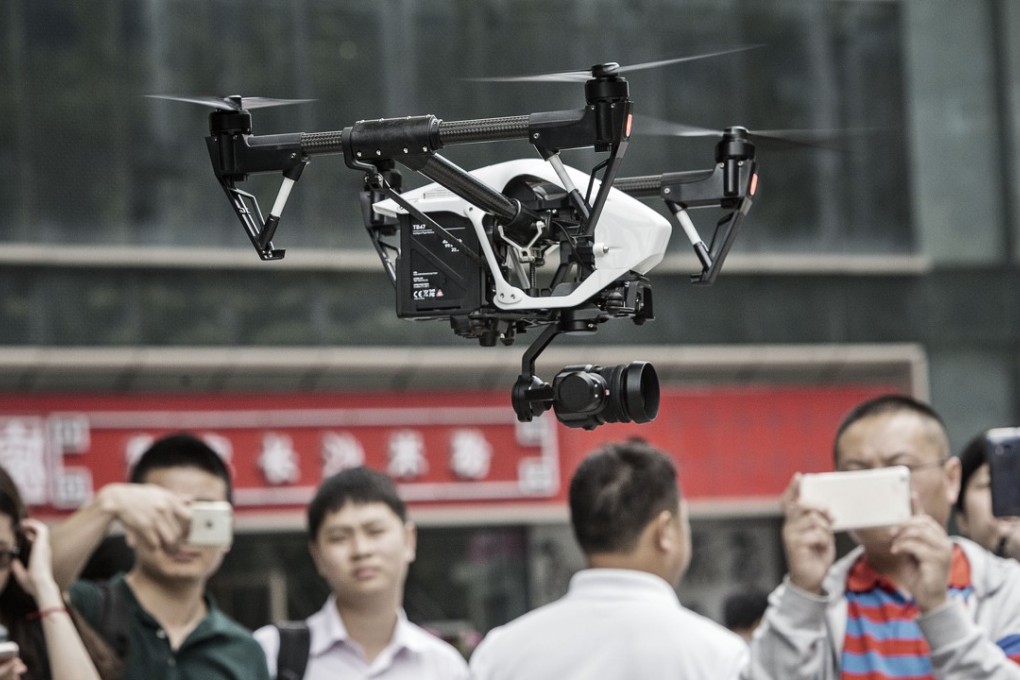Drone maker DJI monitoring potential backlash from rising US-China tensions
DJI is taking the proactive step of addressing user concerns about privacy and security by commissioning an independent review of its products.

DJI, the world’s biggest maker of recreational drones, is bracing itself for a potential backlash against Chinese technology companies should US-Sino relations deteriorate after US lawmakers reportedly pressured an American telecoms company not to distribute smartphones made by China’s biggest maker.
Huawei Technologies had planned to announce a distribution partnership with AT&T at last week’s CES technology fair, but a last-minute pull-out by the American company meant the Chinese manufacturer had to go ahead with its launch without a carrier partner. It was a significant blow because more than 90 per cent of smartphones in the US are sold through bundled packages by telecom carriers.
“That is something we absolutely are keeping an eye on,” Michael Perry, managing director of DJI in North America, said in an interview in Las Vegas. “For us, we can only manage things that we can manage. DJI itself is not going to improve the relationship between China and the US, but what we can do is to continue communicating the reality of the situation in terms of what we do and what we don’t.”
In September, The Australian Defence Force resumed the use of DJI drones after a two-week suspension following the decision by its army, saying it was comfortable with resuming their use in unclassified situations.